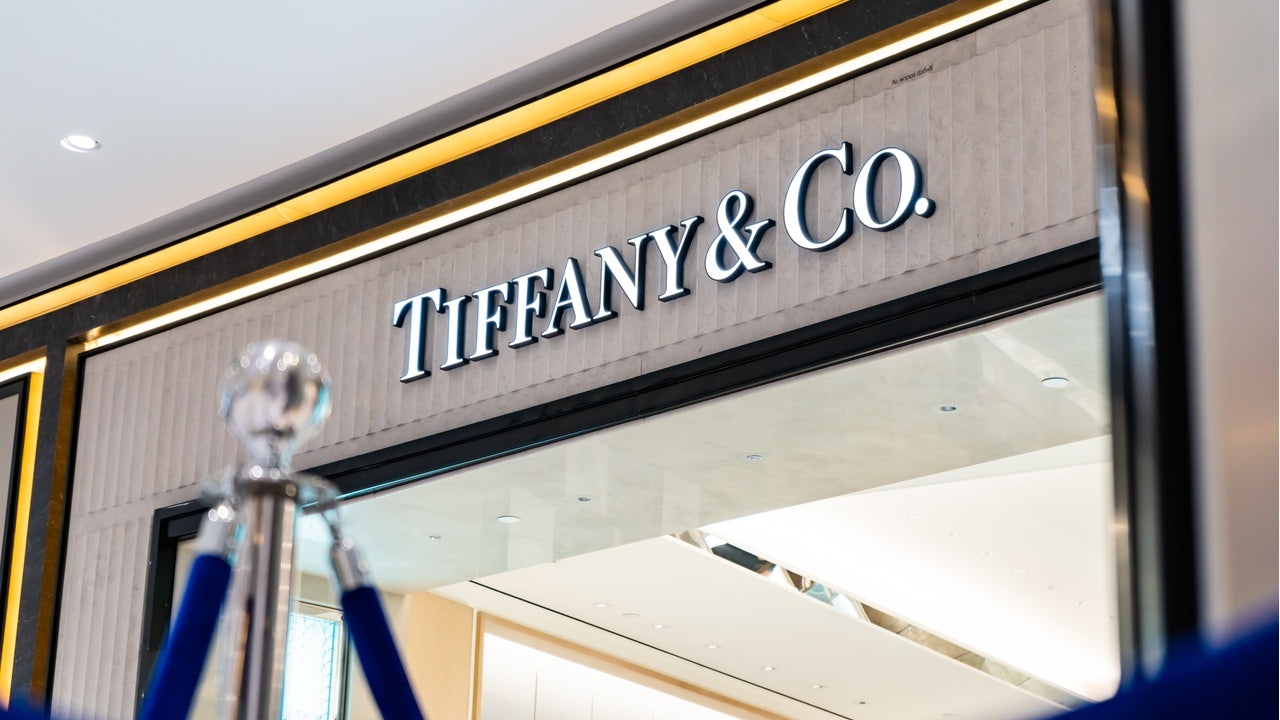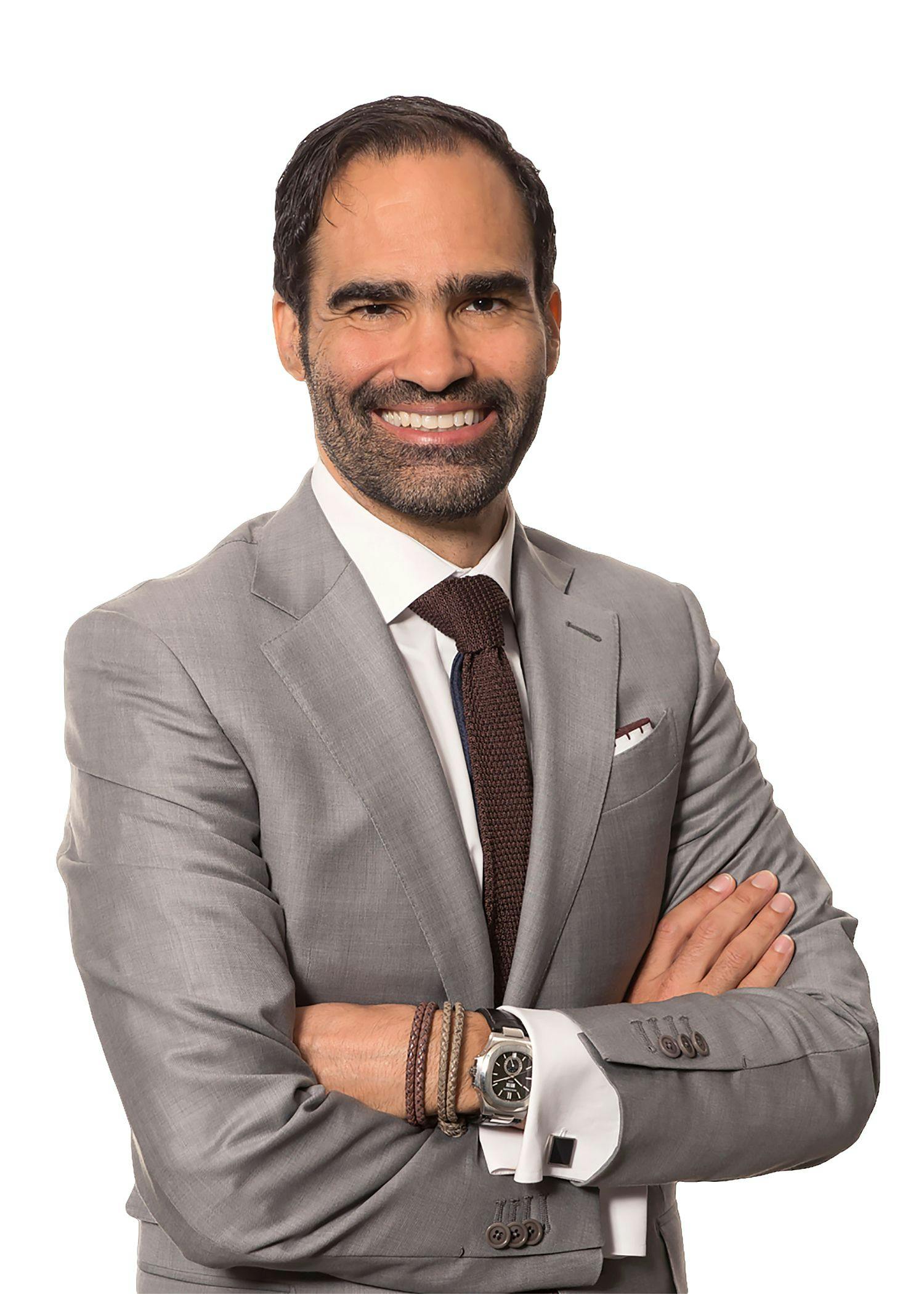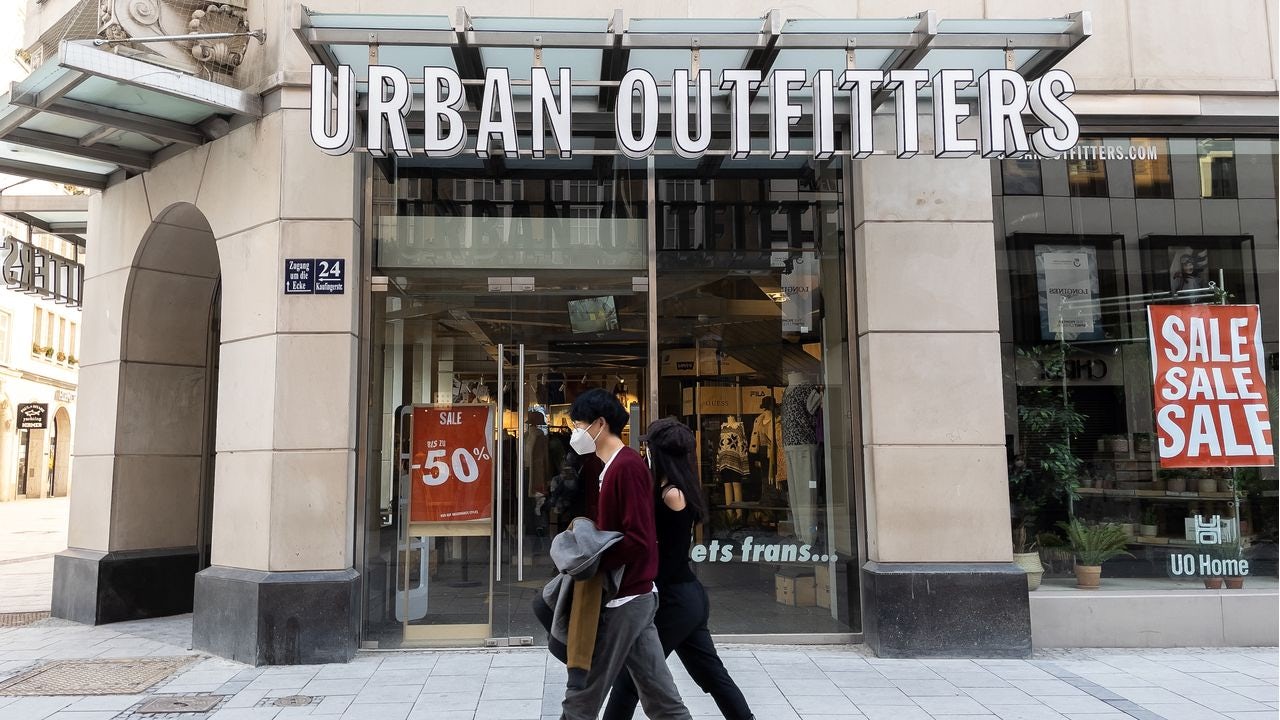Key Takeaways:#
The managerial attitude towards brand opportunities and the willingness to take decisive steps and make critical changes determines a brand's potential.
Many luxury managers, often without knowing, slow down brand development rather than unleashing it, halted by internal beliefs, doubts, policies, or constraints.
If customers perceive extreme value in their interactions with a brand, there is almost no way for it not to grow.
One of the more fascinating discussions I have is about the preconditions for building successful luxury brands. To me, a fundamental factor, often underestimated, is the brand's "mindset."
When I managed one of my first brands, I inherited a situation where the brand had not been growing for fifty to sixty years. The brand's owners got used to the brand's size and were happy with the regular cash flow their company generated, even if it was relatively modest.
It was a typical “cash cow” situation. The organizational mindset was: Don't make any mistakes managing the brand and preserve our market share and profit. In other words, no one could even imagine the brand two, five, or ten times bigger because it had not been growing for so long.
Organizational complacency took over (although no one on the inside saw it this way), and the strategy was “play not to lose” instead of play to win. When organizations believe the cash cow myth and feel content with their brand size, growth automatically stalls. Growth is always a result of the brand's mindset and management team.
When I assumed responsibility for this brand, I decided not to accept the status quo. Brands with decreasing annual growth rates, flat performance, or decline always signal that the consumer insight they address, the benefit they provide, or the go-to-market strategy they execute have significant gaps and weaknesses. My approach to the brand was different. I asked my team two simple questions: “What would we need to do to double the business within two years?” and “why do we believe the brand is not growing?” I only had one condition: Their answers had to be brutally honest, without politics or unaddressed elephants in the room. Changing a stagnant mindset to a mindset of aggressive growth changed everything.
Our analysis identified that the brand positioning was once differentiated in the early days but grew increasingly like other brands. In other words, when the brand first launched, it addressed a relevant consumer insight, and its proposition was new and different from all other competitors. However, over the years, in a game of multiple competitive moves and intensifying competitive dynamics, four or five other brands emerged that, in essence, offered consumers the same or better propositions. Internally, the myth was that the brand was still “special." But if we were honest, there was zero differentiation or at least too little.
Over the years, many of the top advertising agencies in the world created campaigns for the brand, infusing it with a lot of creative ideas. However, one critical point never was addressed: How can the brand evolve its positioning and story to unlock growth potential? Because the positioning was too similar to competitors, any attempt at convincing consumers via different advertising approaches, new products, or higher investments did not add interest in the brand.
When I changed the approach by working on the fundamentals first, the brand suddenly grew, surpassing a hundred million dollars in sales in just two years, a five-fold growth after decades of stagnation.
Today, after many years, when I analyze the competitive positioning of brands in many sectors and audit them, I find the same pattern again and again: a lack of differentiation, relevance, and consumer insights in the brand proposition. I also see a similar mindset of playing it safe rather than playing to win. Therefore, no matter how much the team puts in work to advertise, innovate, or expand its distribution, the results are always disappointing if the brand's fundamentals have significant gaps and its mindset is not set on aggressive growth.
Mindset, as it turns out, is the most fundamental critical success factor. The managerial attitude towards brand opportunities and the willingness to take decisive steps and make critical changes determines a brand's potential. Too often, brands look for the easy way — doing what they always did, working within clearly defined parameters, thereby allowing competitors to offer better, more customer-centric solutions. Many managers, often without knowing, slow down brand development rather than unleashing it, halted by internal beliefs, doubts, policies, or constraints. Sadly, for many brands, decisive action is only taken when it is too late: when brands tumble into rapid decline after a period of slow growth or stagnation.
A famous saying states that if there is no crisis, brands should invent one. That is because only a crisis breaks down barriers and initiates a mindset change. But a better way is to install a culture of aggressive growth that leads to the permanent optimization of the brand's competitiveness. It doesn't matter how brands see themselves from the inside. All that matters is how customers feel when they interact with the brand. If they perceive extreme value in their interactions with a brand, there is almost no way for it not to grow.
Daniel Langer is CEO of the luxury, lifestyle and consumer brand strategy firm Équité, and the professor of luxury strategy and extreme value creation at Pepperdine University in Malibu, California. He consults some of the leading luxury brands in the world, is the author of several luxury management books, a global keynote speaker, and holds luxury masterclasses in Europe, the USA, and Asia. Follow @drlanger


